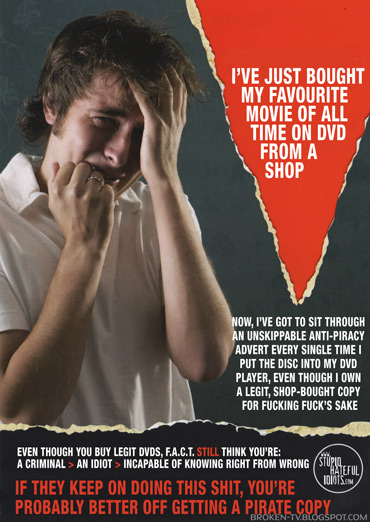This time, it’s National Post columnist Barbara Kay accepting the arguments on legalization:
Tobacco is harmful in any amount and it remains perfectly legal. Alcohol, while benign in reasonable quantities, is a gateway to alcoholism — the most intractable and damaging of addictions — which causes far more domestic and social misery than marijuana possibly could. And finally, there comes a certain tipping point when resisting the common will for no easily defined reason stops making social or economic sense.
Two thirds of Canadians want marijuana to be decriminalized. It seems clear to me that sooner or later marijuana is going to join alcohol and tobacco as a substance that the government recognizes cannot be eradicated.
Unless the moral argument is too powerful to override — in this case it isn’t — economic realities can’t be ignored. The street value of the cannabis industry in British Columbia is worth an estimated $30-billion a year; it would be worth double or triple that amount if it could legally attract tourists from the U.S. and other countries. Enforcement of our present laws is said to cost $1-billion a year; that money could be put to better use by rehabilitating hard drug addicts. The federal government brings in about $5-billion annually in tobacco taxes; legalizing marijuana would bring in at least a billion or two more.
However, she’s still a Conservative (as the tax angle above clearly shows):
I’d like to see marijuana legalized, but highly regulated. The government should oversee its growth, its potency and its distribution. It should be heavily taxed, as all recreational substances that can be abused are. But I’m not naive. Because it wouldn’t be legally available to minors, and because the strength would be too muted for many potheads, a black market in more potent stuff would spring up immediately. Criminals will focus their efforts on marketing stronger, illegal marijuana to minors. And we shouldn’t be surprised if our First Nations suddenly discover that growing and selling pot are ancient traditions in their culture that exempt them from paying sales taxes.
Legalization will no doubt come with its own set of problems. Commercialization and widespread marketing will bring in masses of new users. And, as I’ve argued before, for accountability and liability purposes, legalization will embroil government, insurance companies, schools and the medicare system in such a tortuous maze of regulatory and enforcement interference with their privacy, that potheads — and the libertarians who see legalization as a liberating panacea — will yearn for the paradoxical simplicity of illegal, but unencumbered access.





